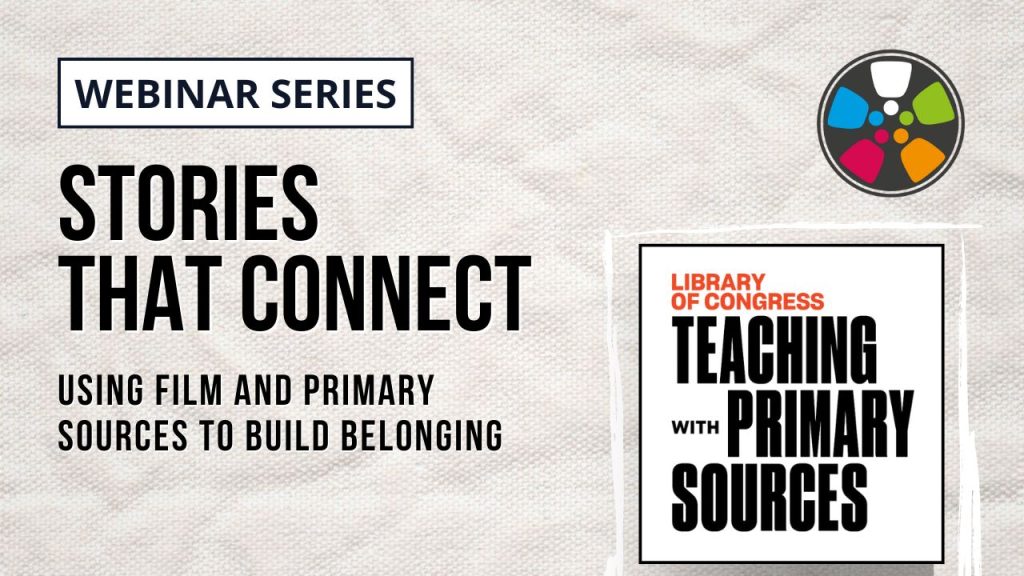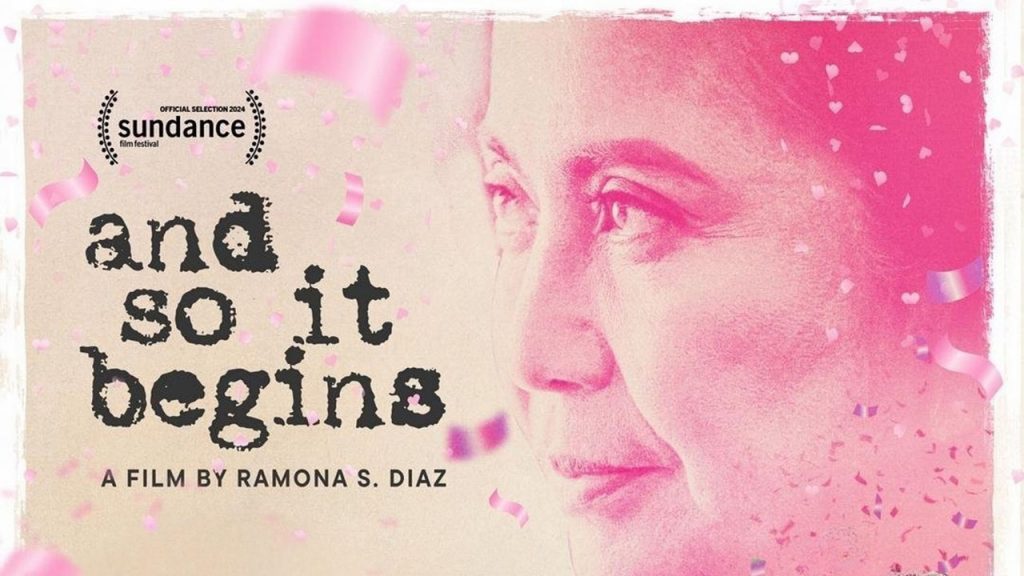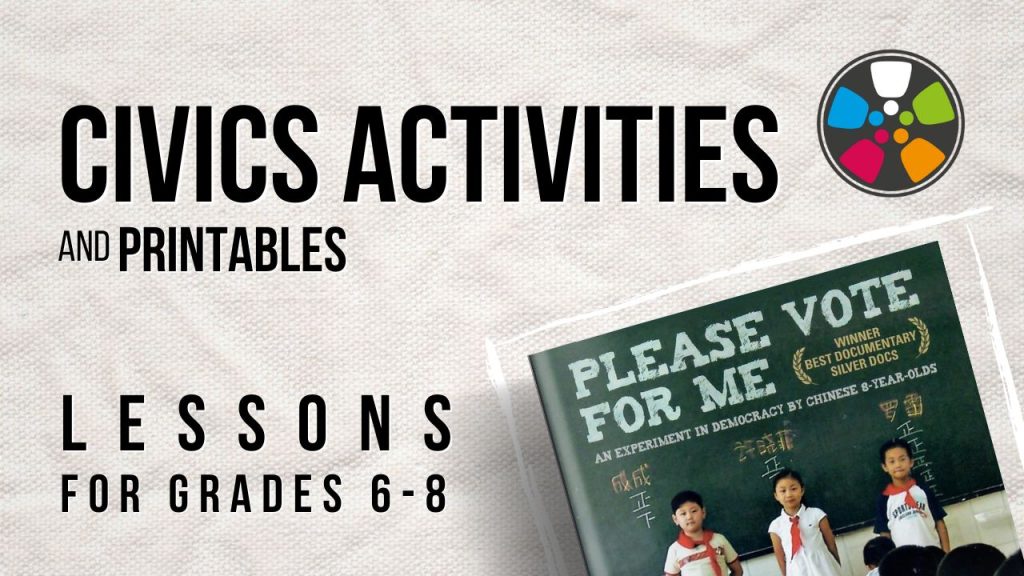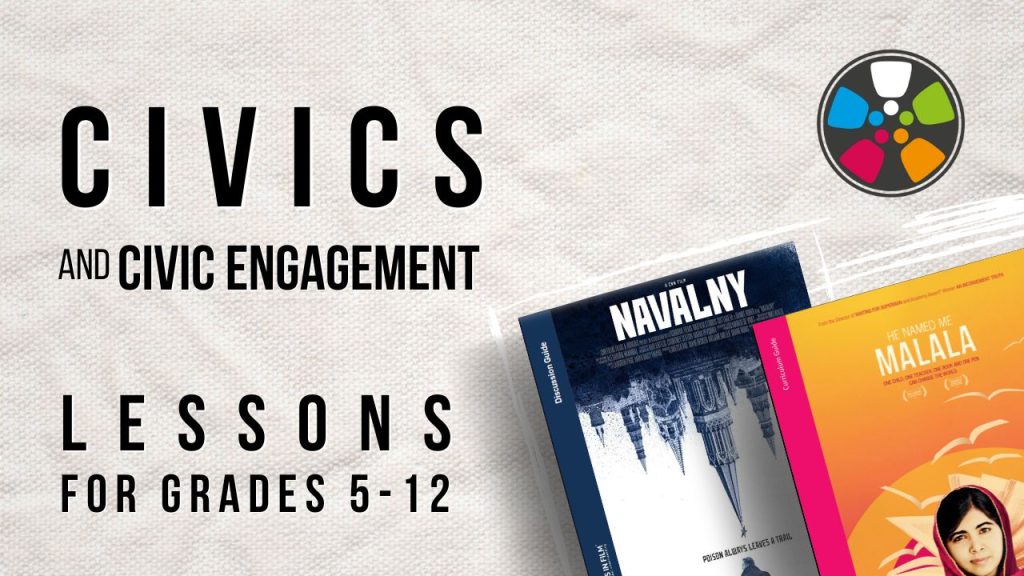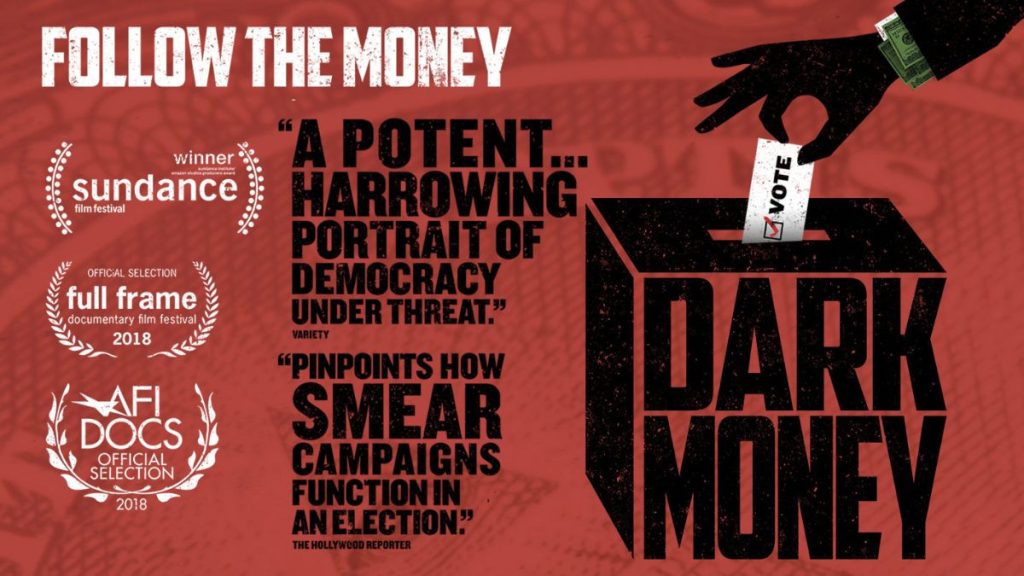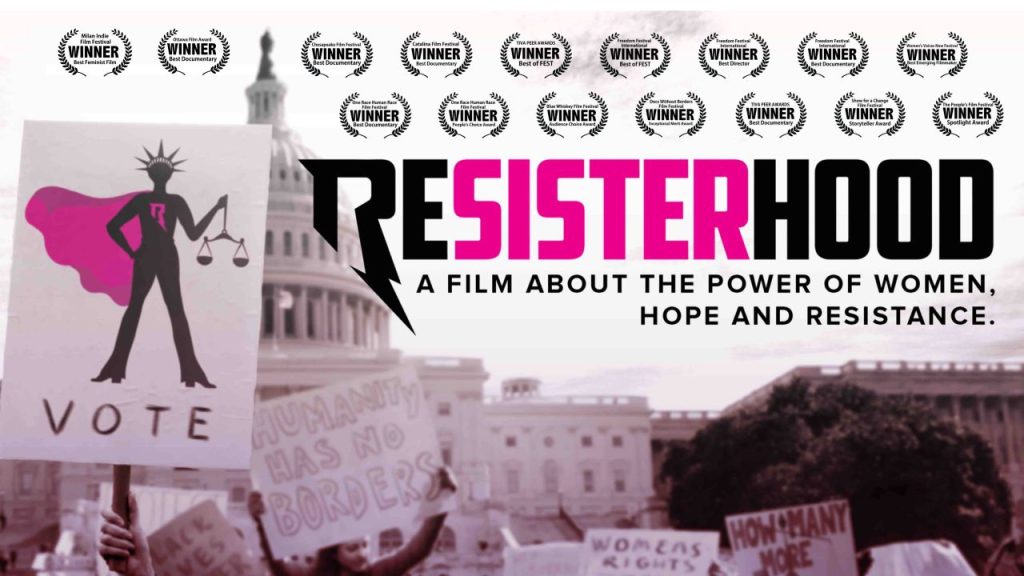Overview
Majority Rules illustrates how voters can reclaim power and bring about fairer, more representative elections, through the lens of Alaska’s groundbreaking election reforms. At a time when confidence in our democracy is at historic lows, this 30-minute documentary offers something rare: a clear, compelling look at a real solution.
We offer a Learning Guide for grades 8-12 and a Discussion Guides for higher education. These educational resources are great for classes in Civics, Current Events, Government, Political Science, and Social Studies. The Discussion Guide can also work well in community learning environments and International Baccalaureate (IB) or Advanced Placement (AP) government classes.
Where to Watch
Majority Rules (2024) – 89 minutes
Watch the original theatrical release of Majority Rules on and is available on Kinema for free and also on Amazon.
Majority Rules 101 (2025) – 30 minutes
This is a special cut of the film that educators, policymakers, and other community leaders can use to introduce audiences to election reform and spark conversations about how more choice in our electoral process can lead to a more responsive democracy. This version features new footage of the outcomes of the 2024 open primaries ballot initiatives.
This version works well with the printer-friendly Learning Guide below, available in PDF and Google Slideshow formats.
Watch Majority Rules 101 free on YouTube.
Community Screenings Grants
Small grants (up to $2,500) are available to support nonpartisan organizations, community groups, and academic institutions in hosting local screenings of Majority Rules.
Organizations can use this grant to:
- Cover venue rental and A/V costs
- Promote the event to your community
- Offer free tickets or refreshments
- Host post-screening panels or community discussions
- Spark civic engagement around electoral reform
- Leverage the film for fundraising for your organization
Download Majority Rules Grant PDF
Preview Majority Rules Grant PDF
Learning Guide
-
Majority Rules Learning Guide
This guide encourages to explore this driving question: What do you want from your government?
Subject: Civics, Current Events, Government, Political Science, Social Studies
Printer-Friendly Learning Guide with Key Questions, Useful Terms, Extension Activities Available in PDF and Google Slideshow formats. For grades 8-12.
Learning Guide Google Slideshow
Discussion Guide
This guide includes:
- Background information on primary elections and ranked choice voting in comparison to traditional voting.
- Maps and graphics related to ranked choice voting.
- Discussion questions.
The Majority Rules Discussion Guide was prepared by Dan Butler, Professor of Political Science, Washington University in St. Louis.
This discussion guide was designed for college classrooms. It can also be used in community learning environments and International Baccalaureate (IB) or Advanced Placement (AP) level government classes.
Assignments / Student Activities
Candidate Memo Assignment and Grading Rubric
In this assignment, students write two candidate memos. Each memo outlines a strategic plan for a hypothetical candidate running in the primary for a U.S. Senate. The memos will analyze the Race Overview, Target Voters, Messaging, and Tactics.
The first memo should be written for a candidate running in a traditional primary where the candidate is only competing against members of the same political party. The second memo should be written for a candidate running in a system like they have in Alaska (i.e. a top-4 primary that will be followed by a general election that uses ranked choice voting).
This assignment was designed for college classrooms. It can also be used in community learning environments and International Baccalaureate (IB) or Advanced Placement (AP) level government classes.
Download Candidate Memo Assignment
Preview Candidate Memo Assignment
Essay Question and Grading Rubric
This essay assignment asks students to consider how implementing the Alaska system (i.e., a top-4 primary combined with ranked-choice voting in the general) could change how campaigns for Congress are run in their state.
This critical thinking and writing exercise can work as an in-class student activity or a take-home writing assignment.
This assignment was designed for college classrooms. It can also be used in community learning environments and International Baccalaureate (IB) or Advanced Placement (AP) level government classes.
Group Discussion Facilitation Guidelines
These tips can help you create safe space for classroom engagement on the themes and subjects of this film.
Sustainable Development Goals
Journeys in Film supports the United Nations Sustainable Development Goals. Learn more about teaching with UN SDGs. This curriculum guide connects to the following SDGs.Join Our Community
Receive the latest updates on new educational resources, upcoming films, and exclusive insights into how film can transform teaching and learning.
No spam. Just free teaching resources. We do not share or sell your data. View Privacy Policy


